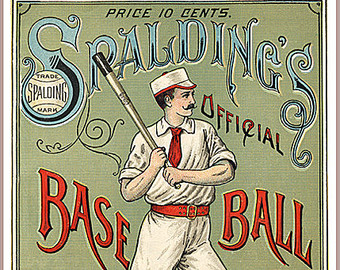Baseball History for February 21st
1931 The White Sox and Giants become the first major league teams to play a night game. The Buffs Stadium (Houston, Texas) exhibition game lasts ten innings with the teams collecting a total of 23 hits. 1931 The Dodgers arrive in Cuba to start a series of five inter-squad games. Brooklyn right-hander Dolf Luque, known…

